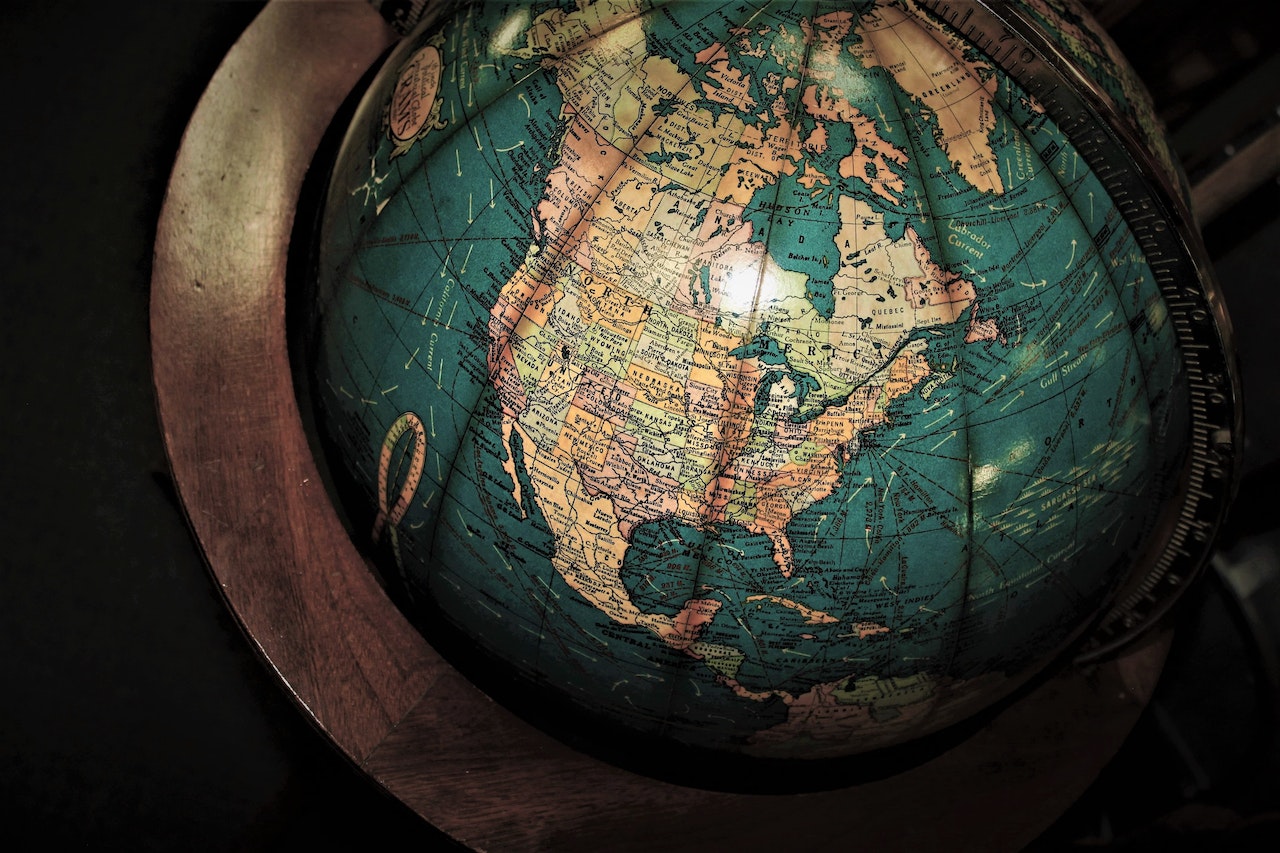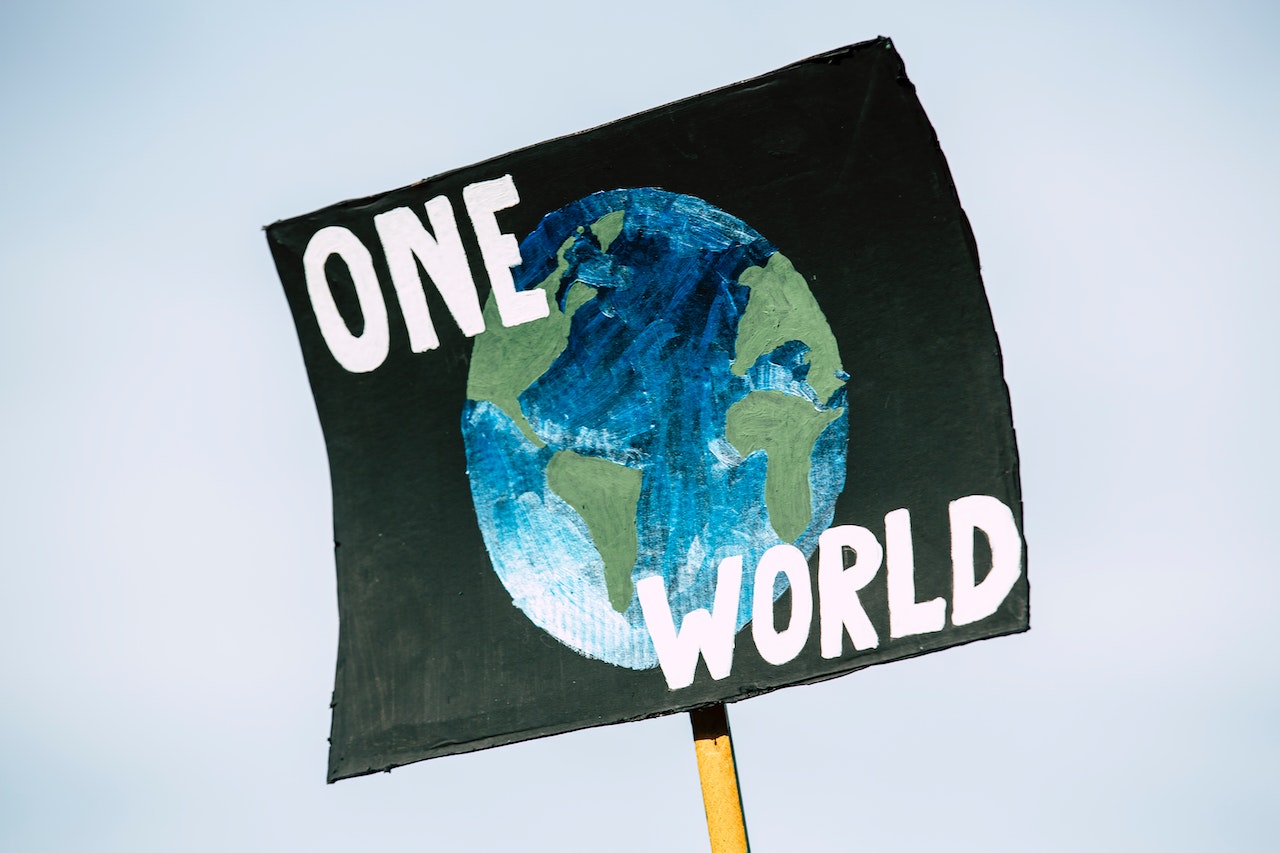The Impact Of Globalization On National Legal Systems
This paper will discuss the impact of globalization on national legal systems and examine the opportunities and challenges it presents to these systems. Globalization has been a major factor in the development and evolution of national legal systems across the world. It has brought significant changes and challenges to the traditional legal systems of many countries.
Author:K. N.Mar 20, 202365.9K Shares1.2M Views

This paper will discussthe impact of globalization on national legal systemsand examine the opportunities and challenges it presents to these systems.
Globalization has been a major factor in the development and evolution of national legal systems across the world. It has brought significant changes and challenges to the traditional legal systems of many countries.
Globalization has made it possible for individuals and corporations to operate across borders, leading to the integration of legal systems and the emergence of new forms of legal practices.
The Negative Impact Of Globalization On Law
Globalization has brought many changes and advancements in various fields, including law. However, it has also brought some negative impacts on a law that cannot be ignored.
The effects of globalization on national legal systems have been controversial, and its negative impacts need to be addressed to ensure fair and just legal practices.
One of the most significant negative impacts of globalization on law is the erosion of national sovereignty.
The integration of legal systems and the emergence of global legal standards have led to the homogenization of legal practices, which has reduced the autonomy of national legal systems.
This means that countries are forced to conform to global legal standards, which may not align with their cultural or political values.
In some cases, this has led to a loss of trust and legitimacy in the legal system, as people feel that their national identity and sovereignty are being undermined.
Another negative impact of globalization on law is the rise of transnational corporations and their influence on legal systems.
The power of these corporations has increased significantly due to globalization, and they have the resources to manipulate legal systems to their advantage.
They can influence lawmakers and legal institutions to create lawsthat favor their interests and protect their profits, even if it means compromising on ethical and moral standards.
This can result in an unequal distribution of justice, where powerful corporations have an advantage over individuals and smaller companies.
The Impact Of Globalization On National Legal Systems And Language
Globalization has had a profound impact on language, transforming the way people communicate, interact, and share ideas across borders.
The increasing interconnectedness of the world has led to the emergence of new languages, the spread of dominant languages, and the decline of minority languages.
This paper will discuss the effects of globalization on language and examine the opportunities and challenges it presents to linguistic diversity.
One of the most significant effects of globalization on language is the spread of dominant languages such as English, Spanish, French, and Mandarin.
The increasing dominance of these languages has led to a situation where people are expected to learn and communicate in these languages to participate in global affairs.
This has created an unequal distribution of linguistic power, where those who are proficient in dominant languages have an advantage over those who are not.
This has led to concerns about the loss of cultural identity and the marginalization of minority languages.
On the other hand, globalization has also created opportunities for the emergence of new languages and the revival of endangered ones.
The internet and social media have made it possible for people to communicate and exchange ideas across borders, leading to the emergence of new hybrid languages and dialects.
The development of new languages is often driven by cultural and political movements that seek to challenge dominant languages and promote linguistic diversity.
This has led to the recognition and protection of minority languages by governments and international organizations.
Globalization And Law Enforcement
Globalization has had a profound impact on law enforcement, transforming the way police forces operate and the challenges they face in a rapidly changing world.
The increasing interconnectedness of the world has led to new forms of crime and has created a need for greater cooperation among law enforcement agencies across borders.
This paper will discuss the effects of globalization on law enforcement and examine the opportunities and challenges it presents to policing.
One of the most significant effects of globalization on law enforcement is the emergence of new forms of crime. The increasing use of technology and the internet has led to new forms of cybercrime, such as identity theft, online fraud, and hacking.
These crimes often involve international networks of criminals and can be difficult to investigate and prosecute.
Law enforcement agencies need to have specialized skills and knowledge to deal with these crimes and often require cooperation from other countries to apprehend and prosecute offenders.
Globalization has also created a need for greater cooperation among law enforcement agencies across borders.
The increasing movement of people and goods across borders has led to an increase in transnational crime, such as drug trafficking, human trafficking, and money laundering.
Law enforcement agencies need to work together to investigate and prosecute these crimes, and this requires effective communication, coordination, and sharing of intelligence.
International organizations, such as Interpol and Europol, play a vital role in facilitating cooperation among law enforcement agencies and supporting cross-border investigations.
Video unavailable
This video is unavailable: Original link to video
Law And Justice In Today's World Globalization
Law and justice are integral components of a functioning society, providing the framework for peaceful coexistence and resolving disputes.
In today's world of globalization, the importance of law and justice has only increased as the world becomes more interconnected and interdependent.
This paper will discuss the role of law and justice in today's world of globalization and examine the opportunities and challenges it presents to achieving a fair and just society.
One of the most significant opportunities presented by globalization is the opportunity for greater cooperation among nations to address global challenges.
Issues such as climate change, human rights, and international terrorism require coordinated efforts from countries around the world.
Law and justice play a vital role in addressing these challenges, as they provide the legal framework for international agreements and cooperation.
Globalization has also created new challenges for law and justice, as the movement of people and goods across borders has led to an increase in transnational crime and the need for greater cross-border cooperation.
The rise of cybercrime and the use of the internet to commit crimes has created a new frontier for law enforcement agencies and the justice system.
This requires greater coordination and sharing of intelligence among countries and the development of specialized skills and knowledge to deal with these new forms of crime.
People Also Ask
What Is The Impact Of Globalization On National Legal Systems?
Globalization has led to the emergence of new forms of crime and the need for greater cooperation among law enforcement agencies.
How Does Globalization Affect Language?
Globalization has led to the spread of English as a global language and has had an impact on the use of local languages.
What Are The Effects Of Globalization On Law Enforcement?
Globalization has led to the emergence of new forms of crime, the need for greater cooperation among law enforcement agencies, and challenges of cultural sensitivity and human rights.
What Is The Role Of Law And Justice In Today's World Of Globalization?
Law and justice play a vital role in providing the legal framework for cooperation among nations and addressing global challenges.
Conclusion
In conclusion, the impact of globalization on national legal systems has had a profound impact on national legal systems, transforming the way legal institutions operate and interact with each other.
The integration of legal systems and the emergence of new forms of legal practices have presented both opportunities and challenges to national legal systems.
The opportunities include the facilitation of cross-border business transactions, the sharing of legal expertise and knowledge, and the promotion of global legal standards.
On the other hand, the challenges include the potential for conflicts between different legal systems, the threat of cultural hegemony, and the erosion of national sovereignty.
It is important for legal practitioners and policymakers to be aware of these opportunities and challenges, and to work towards developing legal frameworks that can effectively respond to the changing global environment.

K. N.
Author
Latest Articles
Popular Articles
